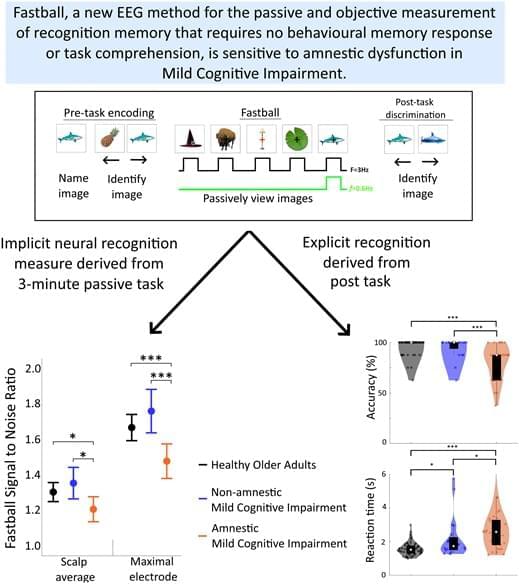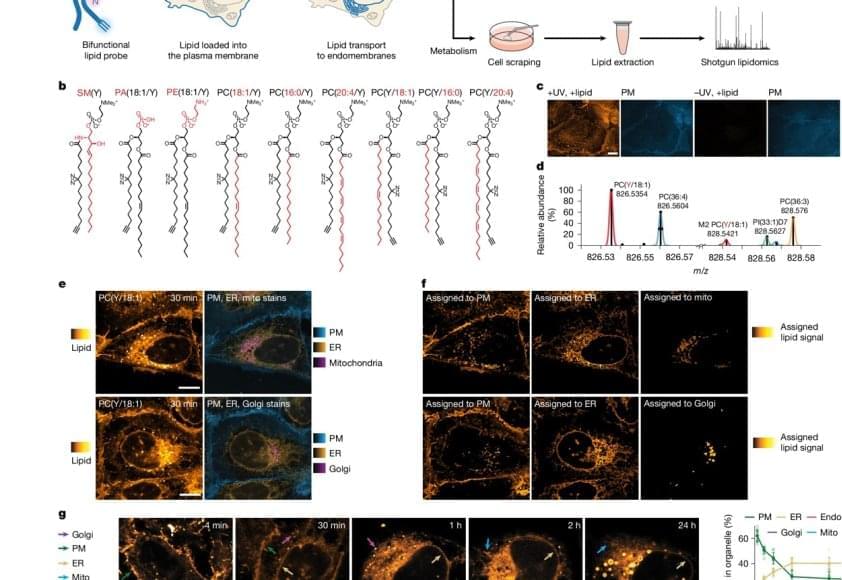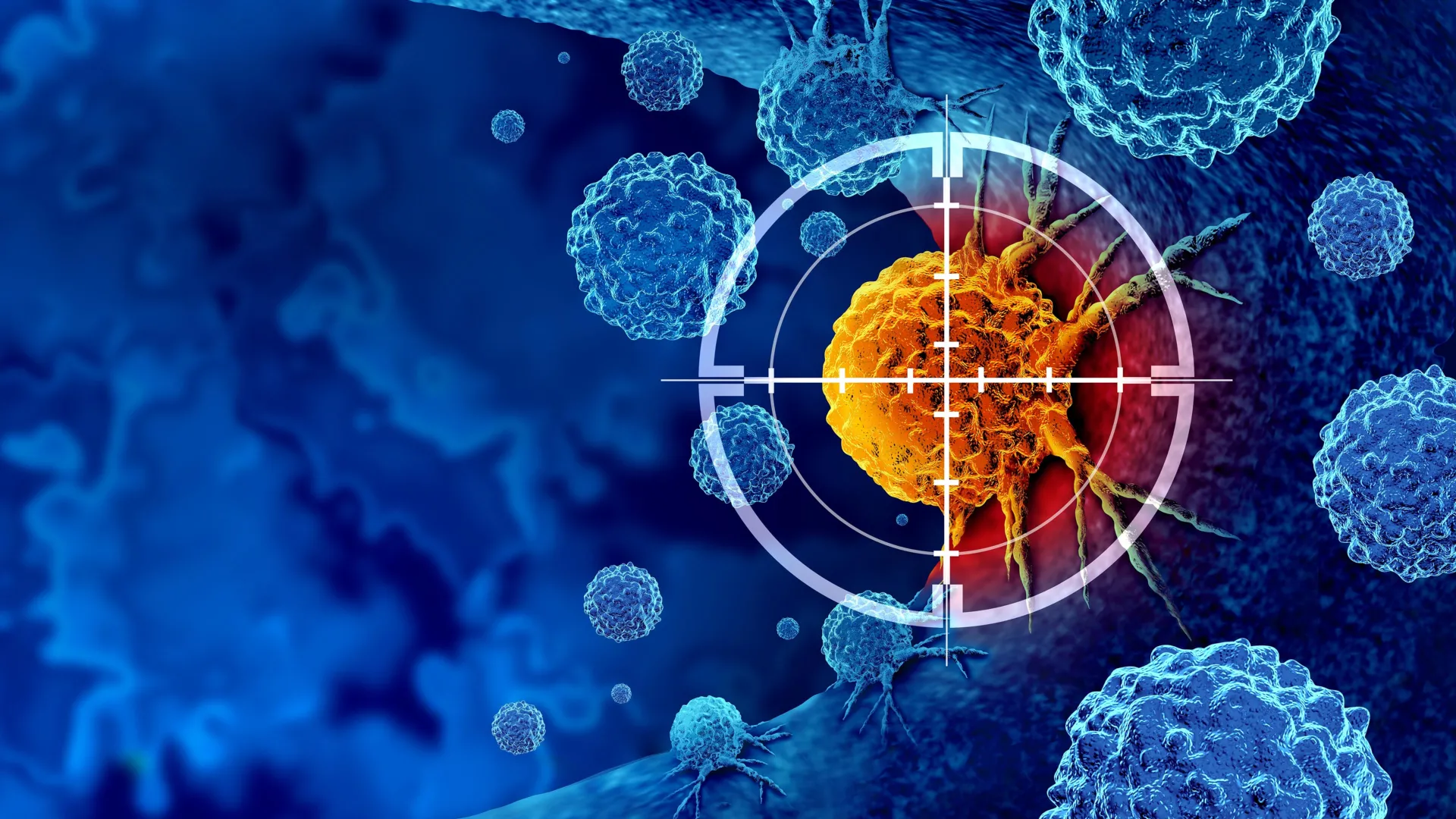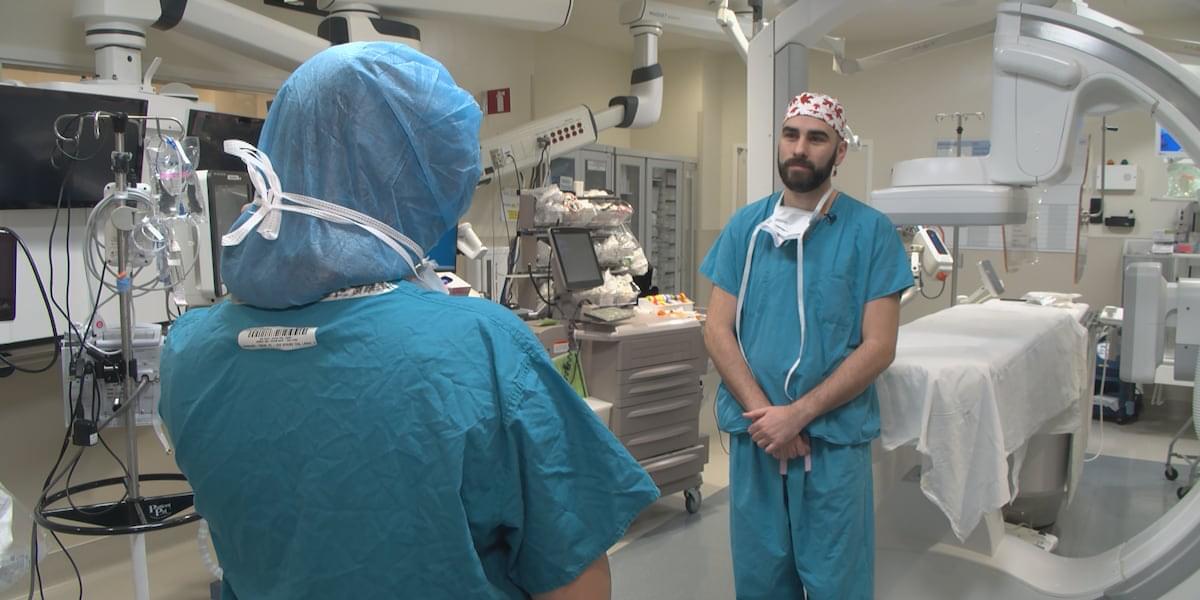A new study suggests that GPT-4V can interpret social cues in images and video with near-human accuracy. The AI model not only matched human judgments but also predicted brain activity patterns during social perception tasks in fMRI data.




Many attempts have been made to harness the power of new artificial intelligence and large language models (LLMs) to try to predict the outcomes of new chemical reactions. These have had limited success, in part because until now they have not been grounded in an understanding of fundamental physical principles, such as the laws of conservation of mass.
Now, a team of researchers at MIT has come up with a way of incorporating these physical constraints into a reaction prediction model, and thus greatly improving the accuracy and reliability of its outputs.
The new work is reported in the journal Nature, in a paper by recent postdoc Joonyoung Joung (now an assistant professor at Kookmin University, South Korea); former software engineer Mun Hong Fong (now at Duke University); chemical engineering graduate student Nicholas Casetti; postdoc Jordan Liles; physics undergraduate student Ne Dassanayake; and senior author Connor Coley, who is the Class of 1957 Career Development Professor in the MIT departments of Chemical Engineering and Electrical Engineering and Computer Science.



Lipid molecules, or fats, are crucial to all forms of life. Cells need lipids to build membranes, separate and organize biochemical reactions, store energy, and transmit information. Every cell can create thousands of different lipids, and when they are out of balance, metabolic and neurodegenerative diseases can arise. It is still not well understood how cells sort different types of lipids between cell organelles to maintain the composition of each membrane. A major reason is that lipids are difficult to study, since microscopy techniques to precisely trace their location inside cells have so far been missing.
The researchers developed a method that enables visualizing lipids in cells using standard fluorescence microscopy. After the first successful proof of concept, the authors brought mass-spectrometry expert on board to study how lipids are transported between cellular organelles.
“We started our project with synthesizing a set of minimally modified lipids that represent the main lipids present in organelle membranes. These modified lipids are essentially the same as their native counterparts, with just a few different atoms that allowed us to track them under the microscope,” explains a PhD student in the group.
The modified lipids mimic natural lipids and are “bifunctional,” which means they can be activated by UV light, causing the lipid to bind or crosslink with nearby proteins. The modified lipids were loaded in the membrane of living cells and, over time, transported into the membranes of organelles. The researchers worked with human cells in cell culture, such as bone or intestinal cells, as they are ideal for imaging.
“After the treatment with UV light, we were able to monitor the lipids with fluorescence microscopy and capture their location over time. This gave us a comprehensive picture of lipid exchange between cell membrane and organelle membranes,” concludes the author.
In order to understand the microscopy data, the team needed a custom image analysis pipeline. “To address our specific needs, I developed an image analysis pipeline with automated image segmentation assisted by artificial intelligence to quantify the lipid flow through the cellular organelle system,” says another author.
By combining the image analysis with mathematical modeling, the research team discovered that between 85% and 95% of the lipid transport between the membranes of cell organelles is organized by carrier proteins that move the lipids, rather than by vesicles. This non-vesicular transport is much more specific with regard to individual lipid species and their sorting to the different organelles in the cell. The researchers also found that the lipid transport by proteins is ten times faster than by vesicles. These results imply that the lipid compositions of organelle membranes are primarily maintained through fast, species-specific, non-vesicular lipid transport.

Scientists at the University of Pennsylvania have shown for the first time that it’s possible to detect dormant cancer cells in breast cancer survivors and eliminate them with repurposed drugs, potentially preventing recurrence. In a clinical trial, existing medications cleared these hidden cells in most participants, leading to survival rates above 90%. The findings open a new era of proactive treatment against breast cancer’s lingering threat, offering hope to survivors haunted by the fear of relapse.


Imagine a clock that doesn’t have electricity, but its hands and gears spin on their own for all eternity. In a new study, physicists at the University of Colorado Boulder have used liquid crystals, the same materials that are in your phone display, to create such a clock—or, at least, as close as humans can get to that idea. The team’s advancement is a new example of a “time crystal.” That’s the name for a curious phase of matter in which the pieces, such as atoms or other particles, exist in constant motion.
The researchers aren’t the first to make a time crystal, but their creation is the first that humans can actually see, which could open a host of technological applications.
“They can be observed directly under a microscope and even, under special conditions, by the naked eye,” said Hanqing Zhao, lead author of the study and a graduate student in the Department of Physics at CU Boulder.